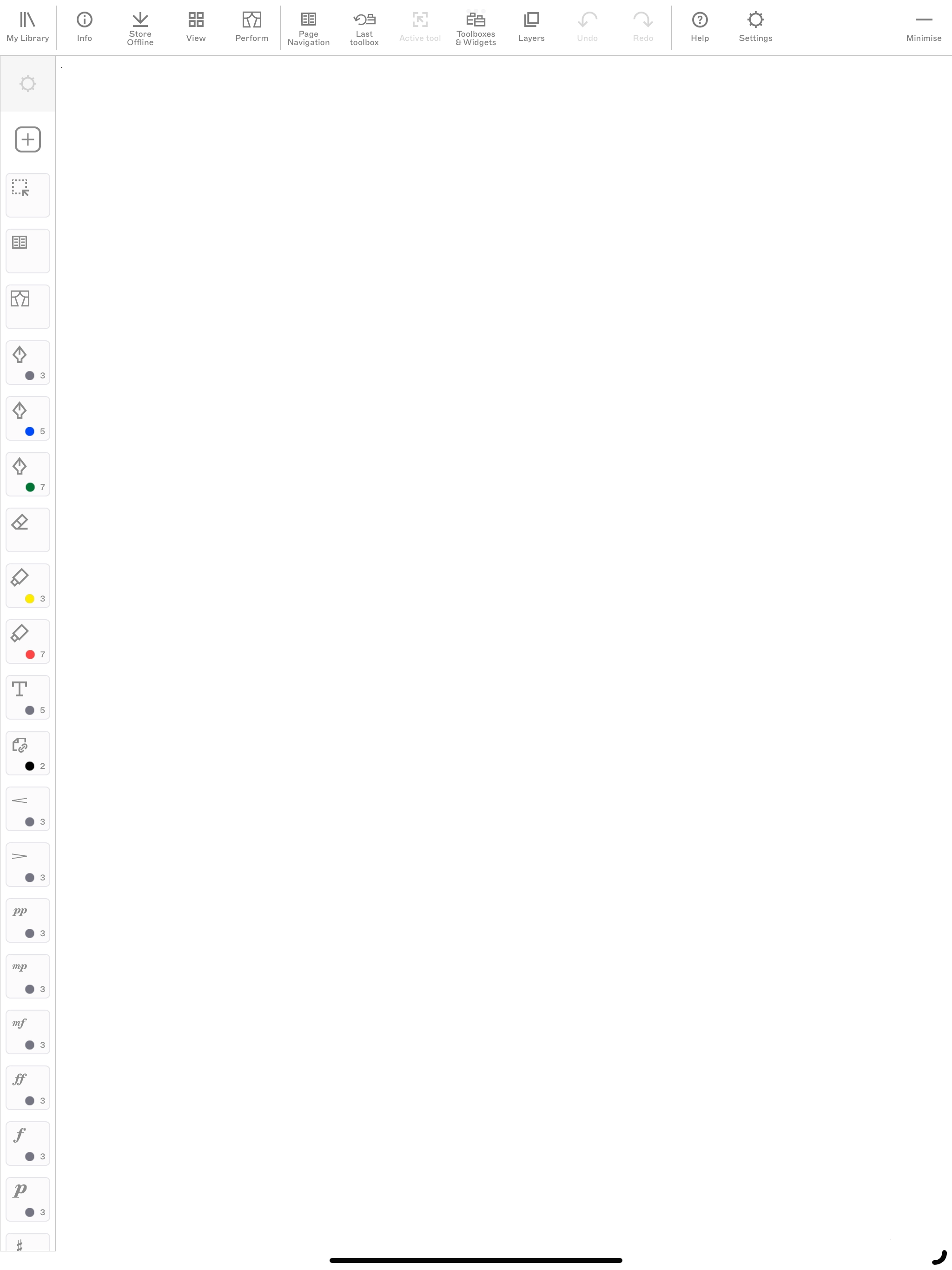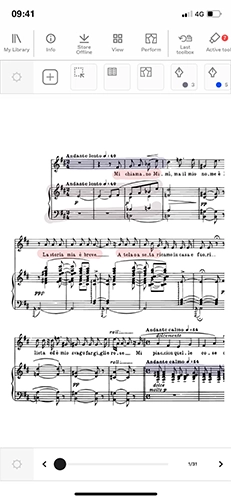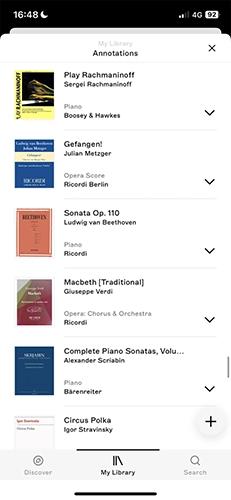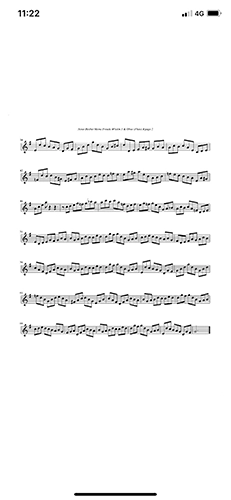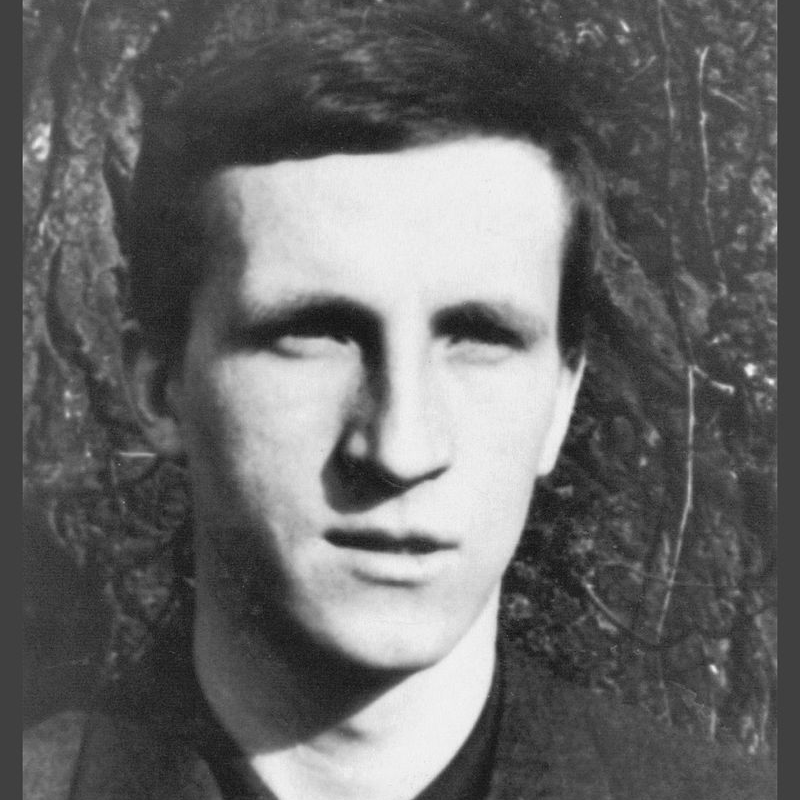
Tomasz Sikorski
19 pieces at nkodankoda sheet music library
over 100k editions from $14.99/month
Hassle-free. Cancel anytime.
available on
nkoda digital sheet music subscription


Editions
Annotate
Library
Perform
100k+ available Editions
More about Tomasz Sikorski
The radical reduction of musical means has its roots in a sense of closeness to death and loneliness, and the key to the proper reading of his music is the philosophical context. Tomasz Sikorski studied at the State Higher School of Music in Warsaw, in the composition class of his father, Kazimierz Sikorski, and in the piano class of Zbigniew Drzewiecki. He did not graduate from formal piano studies. During this period he made friends with Zygmunt Krauze and John Tilbury, among others, with whom he founded the ensemble “Musical Workshop”, operating most intensively before 1965. Immediately after graduation, he made his debut at the Warsaw Autumn Festival with ‘Antiphons’, and also started work at his alma mater. In 1965, he travelled to Paris on a year-long French government scholarship, in principle to Nadia Boulanger, but more important for shaping his creative personality were meetings with such outstanding artists as Pierre Boulez, Iannis Xenakis and Olivier Messiaen. In 1975, he went to the United States on a Fulbright scholarship. There, despite great hopes, he composed only one work – The Loneliness of Sounds to the tape. After returning, his sense of loneliness deepened, and in the 1980s, his health also deteriorated. Lack of work, housing problems, the intensifying alcoholism – a mental state indicating deep depression and internal isolation from the world probably led Sikorski to an untimely death in unexplained circumstances. Sikorski’s art originated in the avant-garde trend, but quickly transformed into an original creative style. The fascination with philosophy, especially Soeren Kierkegaard, inspires the themes of many works, revolving around reflections on death and despair, the aesthetics of repression and gradual ossification. Loneliness was the literal and metaphorical theme of many of his compositions.

Tomasz Sikorski sheets music on nkoda
Edition/Parts
Composer/Artist
Part
Source
INSTITUTIONAL PARTNERS
PUBLISHERS PARTNERS
TESTIMONIALS

